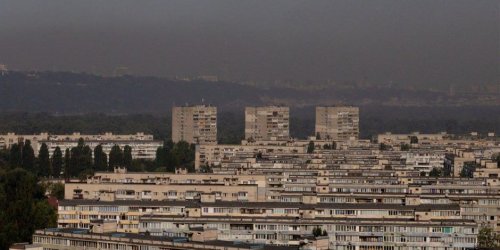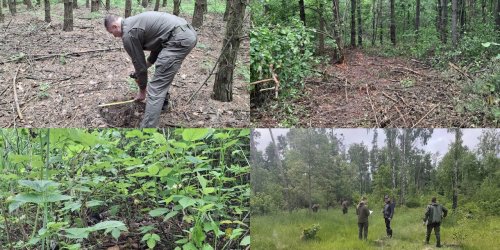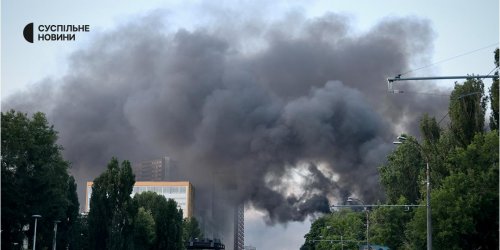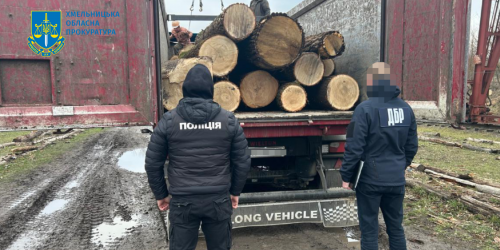In Ukraine, a new law on the improvement of the mechanism for regulating pollutant emissions into the atmosphere (draft law No. 5339) further regulates the scope of permits and complicates the restoration of destroyed enterprises and infrastructure after the end of martial law.
The funds of the enterprises should be directed to the restoration of their work, infrastructure, and ecological modernization, and not to the procedures of issuing new permits each time, said PAEU President Lyudmyla Tsyganok in a press release.
Obtaining new permits for emissions of pollutants takes 4-6 months. In addition, the law has risks of abuse by regulatory bodies.
About 35,000 enterprises are affected by the new law.
The document enshrined at the legislative level the provisions of subordinate regulatory legal acts, in particular:
- the need for the enterprise to monitor the efficiency of the gas treatment plants and to equip sample collection sites for measuring the gas and dust flow;
- the procedure for issuing, refusing to issue, canceling an emission permit and suspending the economic activity of the enterprise;
- methodology for calculating damages for overtime emissions into atmospheric air, etc.
However, the law establishes obligations that further regulate the scope of permission, namely:
- obtaining permits for emissions of pollutants into the atmosphere from small sources of emissions (normal world practice);
- in in the event of the occurrence of additional small sources of emissions at the industrial site, it is necessary to issue new emission permits, although it would be sufficient to make adjustments to the existing emission permits (excess regulatory pressure).
In connection with the restoration of destroyed enterprises and infrastructure, as well as measures to strengthen fire, explosion, industrial safety and operational restoration of damaged objects in wartime, thousands of new small sources are formed (for example):
- fire boxes with sand;
- small machines, indoor soldering;
- welding, painting stations, etc.
"Emissions of polluting substances from such small sources amount to several hundred grams per year, eco-tax of several hryvnias per year. Their accounting and administration is ecologically and economically impractical," Tsyganok explained.
She also added that given the staffing difficulties (understaffing, the need to use labor resources on more important facilities and works) due to military events and economic decline, the requirement will lead to unjustified excess expenditure of enterprise resources. They could be directed to stabilize industrial enterprises and workers, restore the operation of industrial objects of the economy.
"The funds of industrial enterprises should be directed to the restoration of their work and infrastructure, real ecological modernization, staff retention, strengthening the level of protection against destruction associated with hostilities, etc., and not to the procedures of issuing new emission permits every time just because of the appearance of a new box with sand for fire-fighting purposes", said Tsyganok.
PAEU warned about a number of hidden risks of the draft law, in particular of a corruption nature.
Thus, during the consideration of draft law No. 5339 for the second reading in the Verkhovna Rada's eco-committee, two amendments were taken into account, which provide for the possibility of suspending the emission permit (de facto suspension of economic activity) by decision of the Ministry of Environment.
The press release emphasized that the specified provisions are an unreasonable establishment and expansion of the discretionary powers of the Ministry of the Environment.
"We see the problem in the lack of the necessary critical mass of those interested in real changes, the latency of practitioners and insufficient activity and media coverage of the enterprises themselves," said Tsyganok.
Earlier, EcoPolitic wrote, that on July 9, the Verkhovna Rada of Ukraine approved in general draft law No. 5339 that regulation of air emissions.
As EcoPolitic previously reported, experts concluded that the procedure EIA in Ukraine does not reach of the goals declared in the law — reducing the impact on the environment, and funds for its implementation are spent inefficiently.





